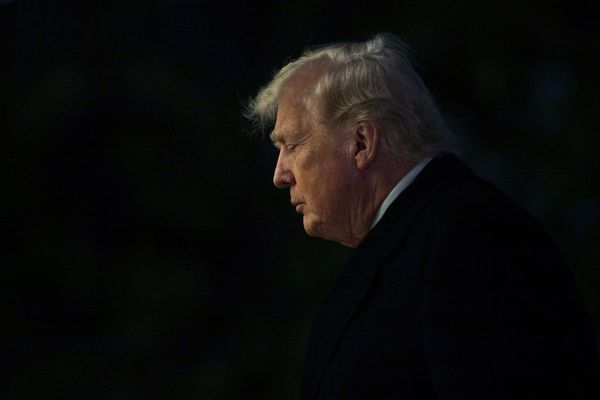In a shift with the times, Rugby Australia and the English RFU have dropped Captain James Cook's name from one of their most prestigious trophies.
From the start of July, what was once the Cook Cup will now be replaced by the Ella-Mobbs Trophy.
The winner of the previous trophy had been awarded to the victor of the Australia and England biennial Test series since 1997.
For Australian rugby legend and Bidjigal and Yuin man Mark Ella, having his name etched onto the new trophy was an unexpected honour, and one that also presented a moment of confusion and amusement.
"I was a little bit surprised. Initially when they said the Ella-Mobbs, I said 'obviously you're talking about my twin brother Glen and my younger brother Gary? As we all played rugby for Australia'," Ella said.
"[Rugby Australia] said 'no, there's an Englishmen who played in the early 1900's whose name is Mobbs'.
"I'd immediately thought 'mob', as in part of the Aboriginal community."
Only after making that realisation did the significance of the moment truly sink in for Ella.
"They sent me the information and I was obviously very impressed by Edgar [Mobbs], we basically lived and played in different centuries almost," Ella said.
Edgar Mobbs captained the English side in 1909 and 1910. At 32, Mobbs was refused commission at the start of World War I.
Undeterred, he proceeded to arrange his own fighting force, D Company of the 7th Northants. He returned to England in 1916 a lieutenant colonel, having been awarded the Distinguished Service Order.
Mobbs was killed in action in 1917 during the Third Battle of Ypres at Zillebeke, Belgium at just 35 years old.
Mobbs represented his country in the very first Test match between Australia and England in 1909, scoring the hosts' only try in a 9-3 loss at Rectory Field in London.
A prolific try-scoring back with an unorthodox and loose-limbed running style, Mobbs was named captain of England in 1910, and starred in the nation's championship-winning season that year.
For Ella, who skippered his country on 10 occasions, sharing the honour with a war hero and changing the name of the cup is significant, especially after retiring so long ago.
"Perhaps [Rugby Australia] dropped the name to be more relevant to the community today," Ella said.
"I was a little bit surprised that they wanted to change it from Captain Cook, but now having it associated with two players — one of them English and one definitely Australian — I think was the way to go.
"I retired in 1984 and I'm obviously getting pretty old now. I guess I thought my notoriety or association with rugby would start to fade, but Rugby Australia and [the RFU] decided they'd make changes, and to my surprise they decided to go with me.
"I'm happy to be in that position and it recognises our First Nations people as part of the non-traditional game that rugby union is for us, in some respects."
Ella said he was proud of the Indigenous contribution to the game but acknowledged it had faded in recent times.
"We've had a number of players but not so many lately. Kurtley Beale is our most well-known current player, but I must admit there's not a large number of Indigenous players at the high level," he said.
"I think rugby union, like a lot of sports, can do a lot more. They've got to make an investment into helping Indigenous sport, but it's a start and hopefully people like my brothers and I can help encourage more Indigenous players."
The connection does not end with the trophy's name, as Ella's niece and Yuin woman Natalie Bateman has designed the new cup.
It has been designed to incorporate elements of both players' families, heritages, countries and cultures. It depicts a common story for both men; resilience, excellence and belonging.
The new cup features design elements and materials that are of significance to both families respectively — from the Yuin nation on the south coast of New South Wales to Northamptonshire in the Midlands of England.
Australia's three-Test series with England kicks off on Saturday in Perth.







